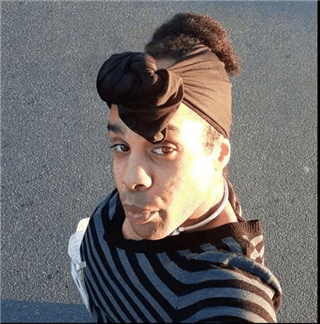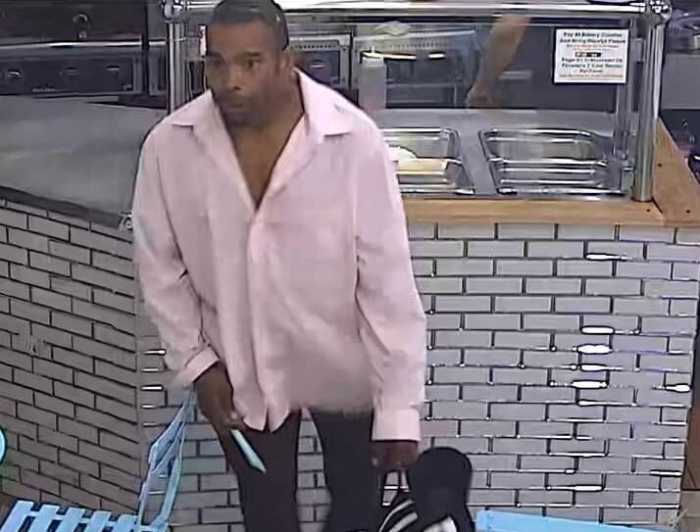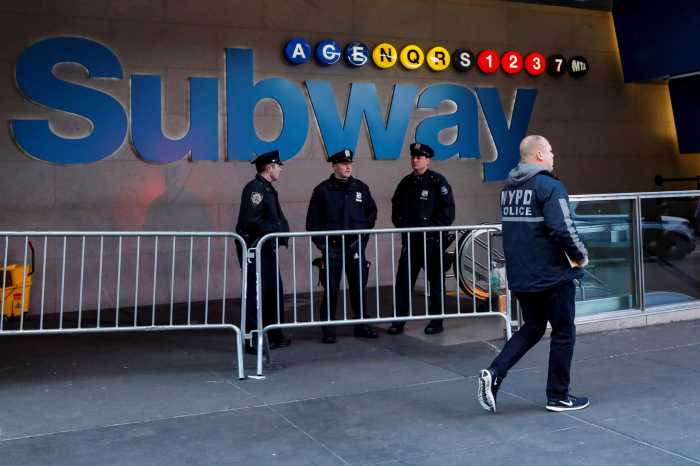A 29-year-old Black transgender woman was stabbed to death in Kansas City in late July during a month that saw at least a half-dozen murders of transgender individuals across the country.
KMBC, the local ABC affiliate in Kansas City, reported that a physical altercation at the 2600 block of East 29th Street in southeastern Kansas City ended in a fatal stabbing on July 24. The news outlet misgendered and deadnamed the victim, identified by the Human Rights Campaign as Kandii Redd, who also went by Kamila Marie Swann and Dee Dee.
The individual who called police reported that they heard an argument prior to the stabbing.
There is no indication that a suspect has been apprehended — or even identified — and Kansas City police did not immediately respond to an email and phone call seeking more information in the case.
Redd had experience working in the entertainment and modeling industry and had an interest in astrology, according to an obituary posted on the website of a Kansas City funeral home.
Redd’s death represented the 25th known murder of a transgender individual in the United States this year — and several of those cases emerged in July, according to the Human Rights Campaign. A Black transgender woman named Martasia Richmond was killed in Chicago on July 11, while 26-year-old Keshia Chanel Geter, another Black trans woman, was shot to death on July 20 in August, Georgia. Cherry Bush of Los Angeles was fatally shot on July 5, and Marisela Castro of Houston was shot and killed in Houston on July 29. A 28-year-old Black trans woman, Hayden Davis, was shot to death in Houston on July 25, one day after Reed’s death.
This year’s murders follow a staggering death toll from last year, when at least 57 trans or gender non-conforming individuals were violently killed. That number easily surpassed the 2020 total of 44 murders of transgender individuals across the nation, though those deaths only represented the ones that were publicly known, according to the Human Rights Campaign.



































